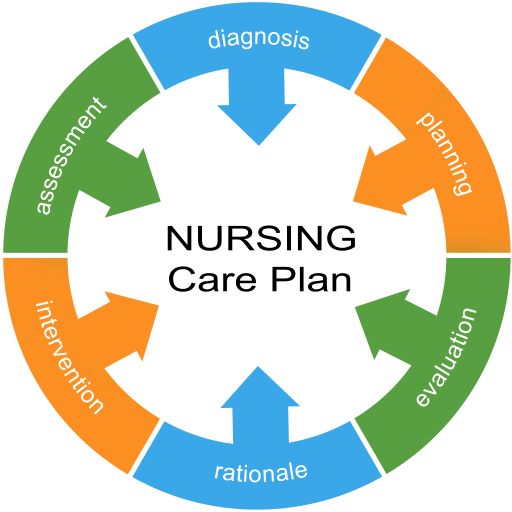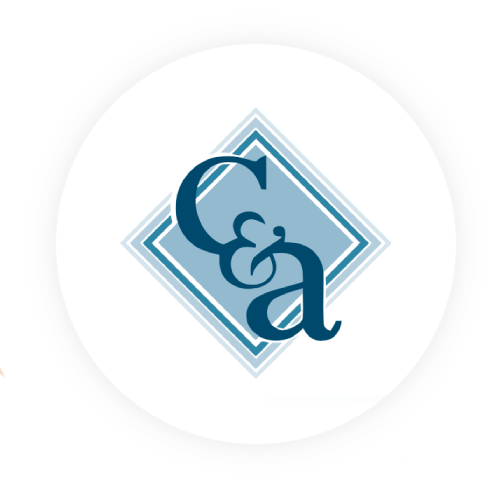Care Plans – UGH!!!
A nursing care plan documents the process of identifying a patient’s needs through nursing assessments and facilitating care based on those assessed needs. A care plan ensures collaboration among nurses, patients, and other healthcare providers.
The purpose of a care plan is to document the patient’s needs and wants, as well as the interventions planned to meet these needs. These interventions are communicated via the care plan to the nursing team with individualized target goals that can be revised based on patient outcomes. These goals should be measurable, in increments that are achievable to help to motivate the patient. As part of the patient’s health record, the care plan is used to establish continuity of care. So, why write a care plan? Writing a care plan is to facilitate patient-centered care, healthcare team collaboration, and documentation/compliance.
A care plan organizes aspects of patient care according to a timeline. It helps the team to think critically and holistically in a way that supports the patient’s physical, psychological, social, and spiritual care. For patients, having clear goals to achieve will make them more involved in their treatment and recovery. Well-designed care plans allow the healthcare team to access the same information, share opinions, and collaborate to provide the best possible care for the patient. Finally, a well-written care plan allows the healthcare team to coordinate the delivery of care, measure care effectiveness and record evidence that the care was given. This is important to maximize care efficiency and provide documentation for healthcare providers.
So, what do we see in the field?
- Failure to do a care plan.
- Care plans that are not individualized.
- Care plans that do not reflect what is going on with the patient.
- Failure to document interventions to be taken to resolve the problem.
- Missing target dates/goals and unrealistic goals.
- Failure to regularly update care plans, especially when there is a change in condition.
- When applicable, failure to have interdisciplinary team (IDT) meetings to discuss the patient care plan and not inviting family/guardian to participate in IDT meetings.
To comply with the regulatory and accrediting agency requirements, ask yourself the following questions when writing your care plans to avoid citations during a survey and develop a robust care plan:
- Is the written care plan based on the patient’s goals and the time frames, settings, and services required to meet those goals? Are large goals, broken into incremental smaller goals that may be more readily achievable within the anticipated length of stay for the patient?
- Does the care plan reflect what is going on with the patient? This means, that the care plan addresses both the acute needs and chronic needs of the patient.
- For psychiatric hospitals that use Joint Commission accreditation for deemed status: Are both short-term and long-term goals established for the patient.
- Based on the goals established in the patient’s care plan, have I evaluated the patient’s progress?
- Did I revise the plan and goals for care, treatment, and services based on the patient’s needs on an ongoing basis?
- Have I updated the patient/family/guardian on changes to the care plan?
- Is the patient, family, and/or guardian invited to IDT meetings?
If your answer to these questions is YES, you are on your way to a successful care plan review on a survey.
Why Educate the Patient?
The purpose of patient education efforts often is to inform, encourage a change in behavior and teach new needed skills. The goal is to improve adherence to therapeutic regimens, encourage new lifestyles, or help the patient adopt other behaviors that prevent disease and disability. Patient education is about effective provider-patient communication.
The benefits of patient education include:
- Prevention of diseases such as obesity, diabetes, or heart disease.
- Setting patient expectations such as during the recovery phase or before any major medical procedure.
- We are reducing the possibility of complications by providing patients with information and skills needed about medications, lifestyle modifications and use of self-monitoring tools such as glucose meters and blood pressure monitors.
- Patients are less likely to be readmitted to the hospital.
- They are gaining self-sufficiency by retaining independence.
- Patient education helps them take control of their health by giving them important information to abide by such as the importance of maintaining a healthy weight, seeking medical care during illness, and taking medications as prescribed.
So, what are we finding in the field?
- Lack of patient education. No documented evidence in the medical record that education was provided.
- Providing handouts without explanation.
- Handouts that are in a language the patient does not understand.
- Providing education without validating that the patient understands.
- Providing education at a level that the patient does not understand.
- Education is thought to be exclusively the nurse’s responsibility.
How can we do better?
Ask yourself the following questions:
- Did I provide education in a manner in which the patient best learns as identified in the learning needs assessment?
- Did I provide patient education and training based on each patient’s needs and abilities?
- Was the education I provided at an educational level that the patient understands?
- Did I validate that the patient understands what was taught? Demonstrate the skill that is needed?
- Did I provide age-appropriate handouts to the patient?
- Did I provide educational level appropriate handouts to the patient?
- Are the handouts in a language the patient understands?
- Does the chart documentation reflect education provided by other disciplines?
- Did I document the education I provided?
- Did I provide the patient education on how to communicate concerns about patient safety issues that occur before, during, and after care is received?
In summary, care plans and patient education are necessary for structuring, communicating and coordinating care for patients to facilitate getting them home safely and avoiding re-admission. However, before we can get them out of the hospital, we need to have a plan to manage their care needs. It is like going on vacation with a map or GPS. We need direction. That direction is the care plan. With the plan in place, we then can work on meeting the goals and providing education to hopefully get the patient to their final destination, home. So, no matter how you feel about care plans, they are a necessary evil.
REFERENCES
- Why Patient Education is Important, By Brittney Wilson, BSN, RN, The Nerdy Nurse, October 19, 2021.
- The Joint Commission Comprehensive Accreditation Manual for Hospitals, 2022.
To learn more about Care Plans contact the C&A team at 704-573-4535 or email us at info@courtemanche-assocs.com.


